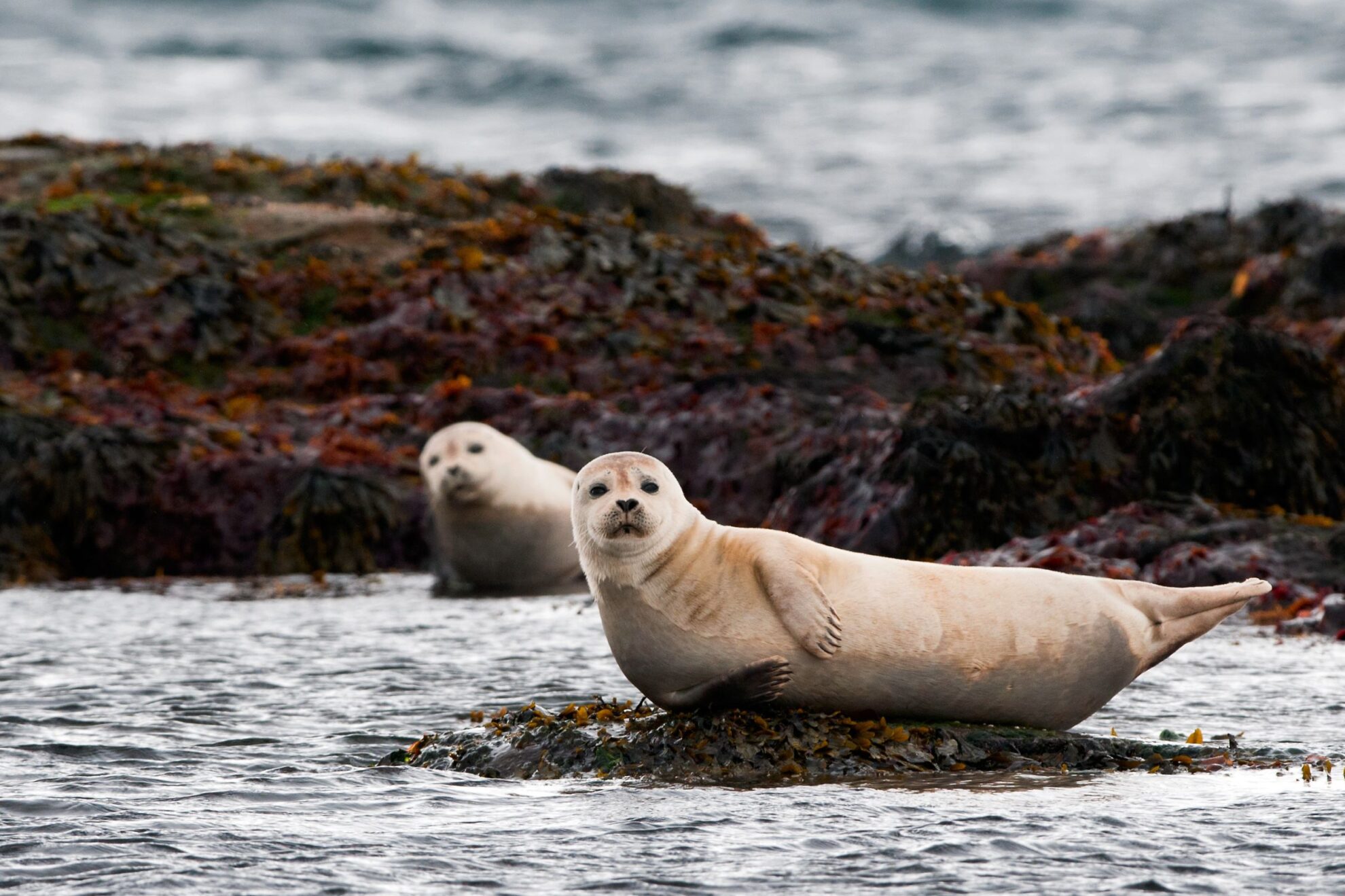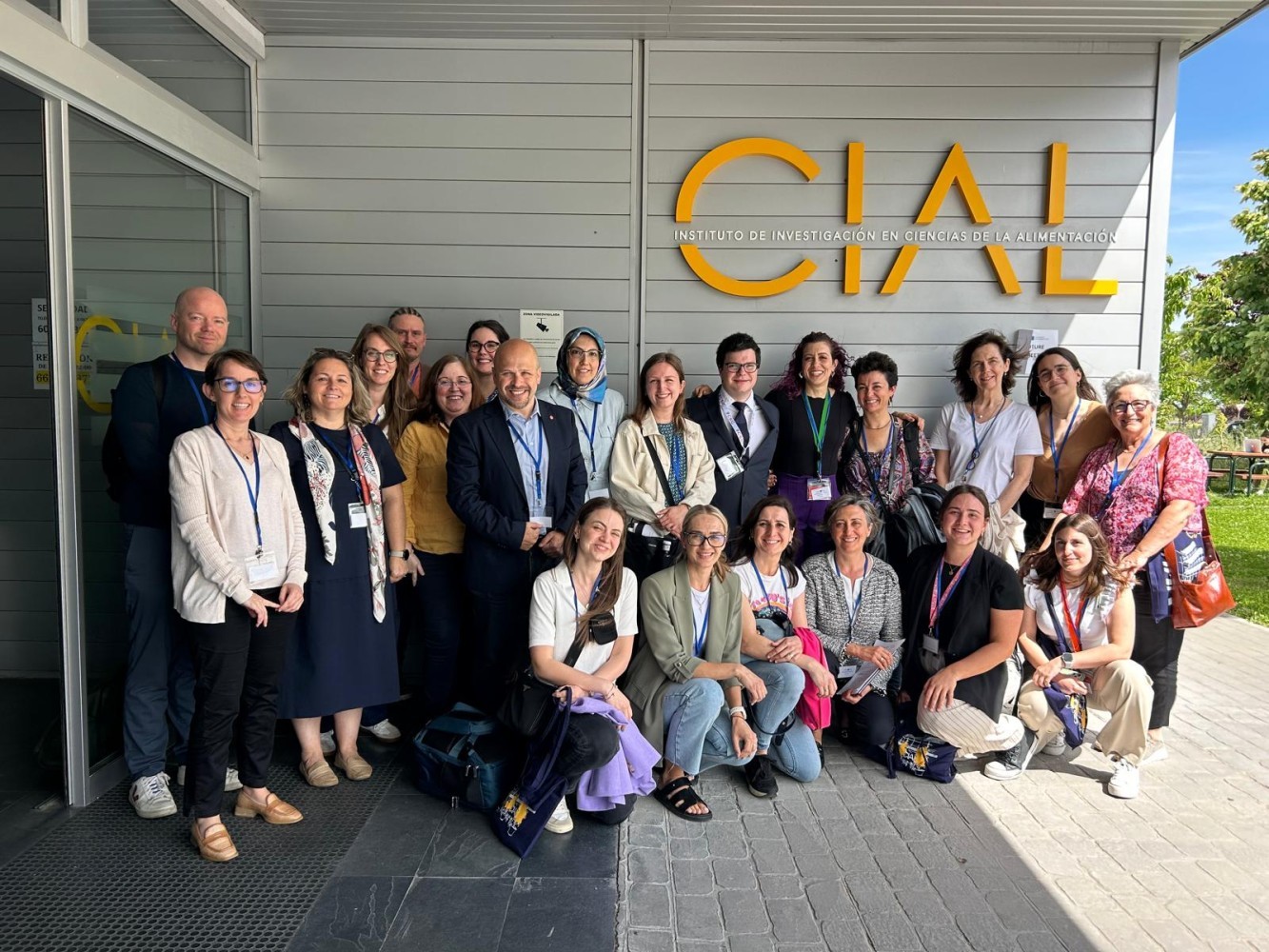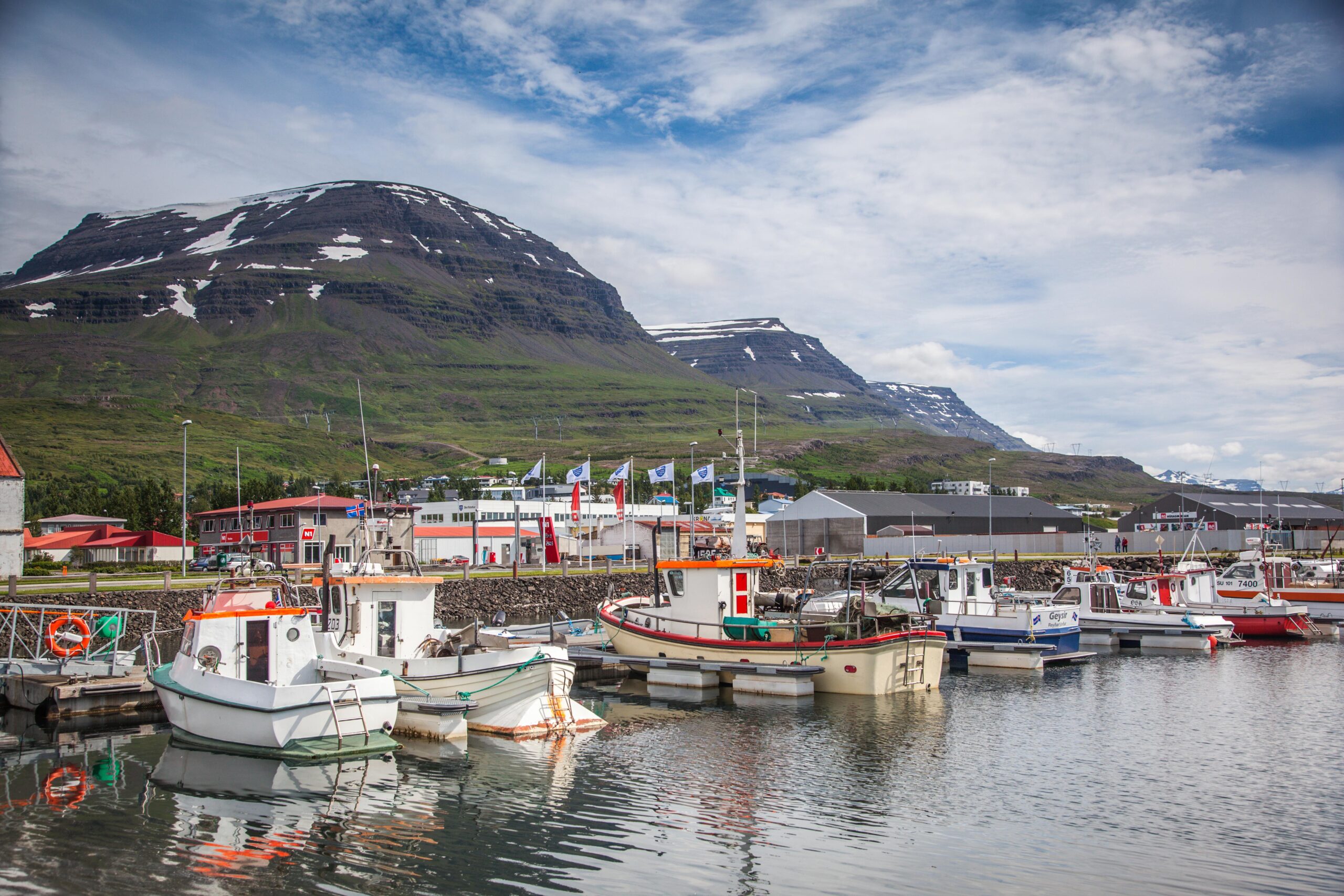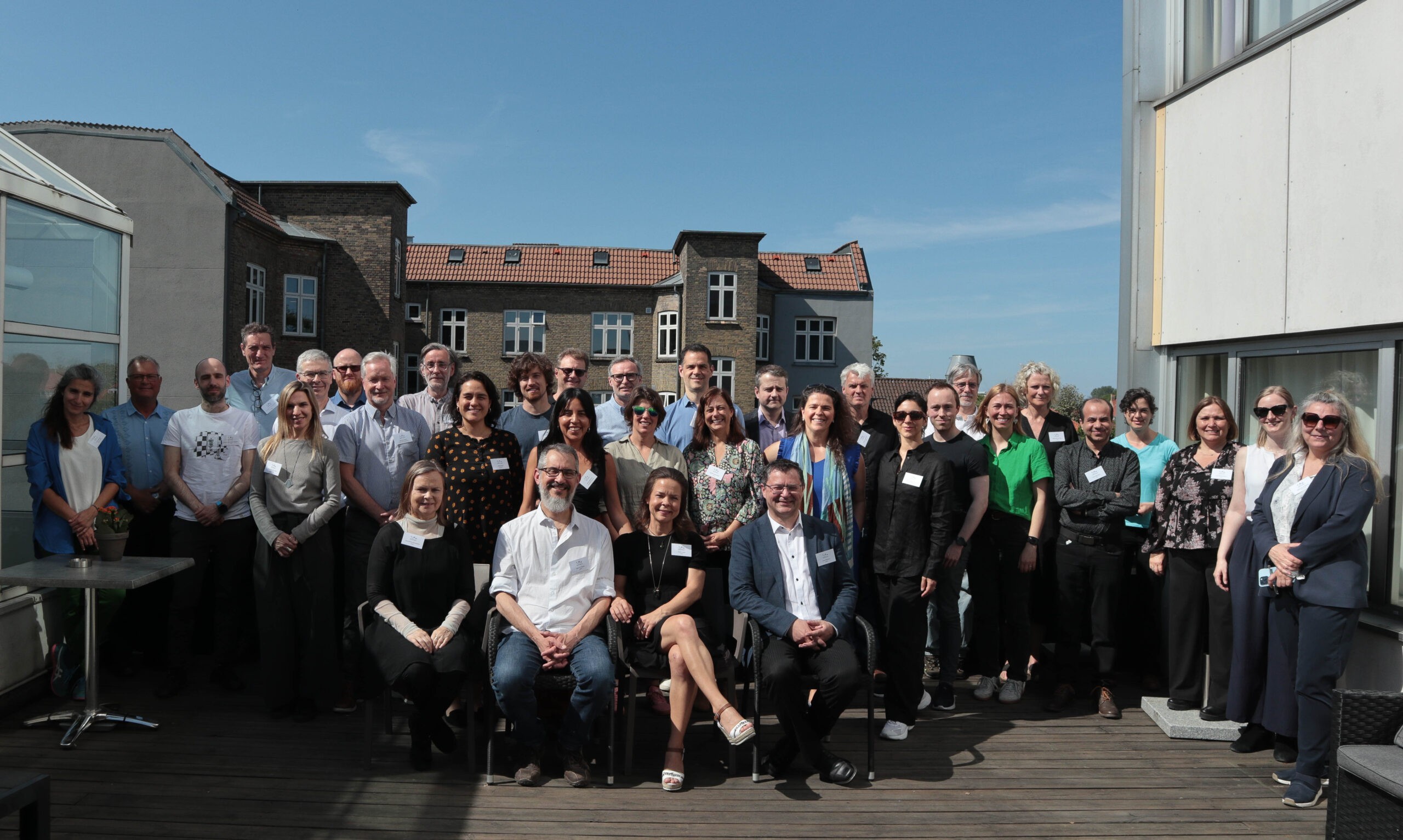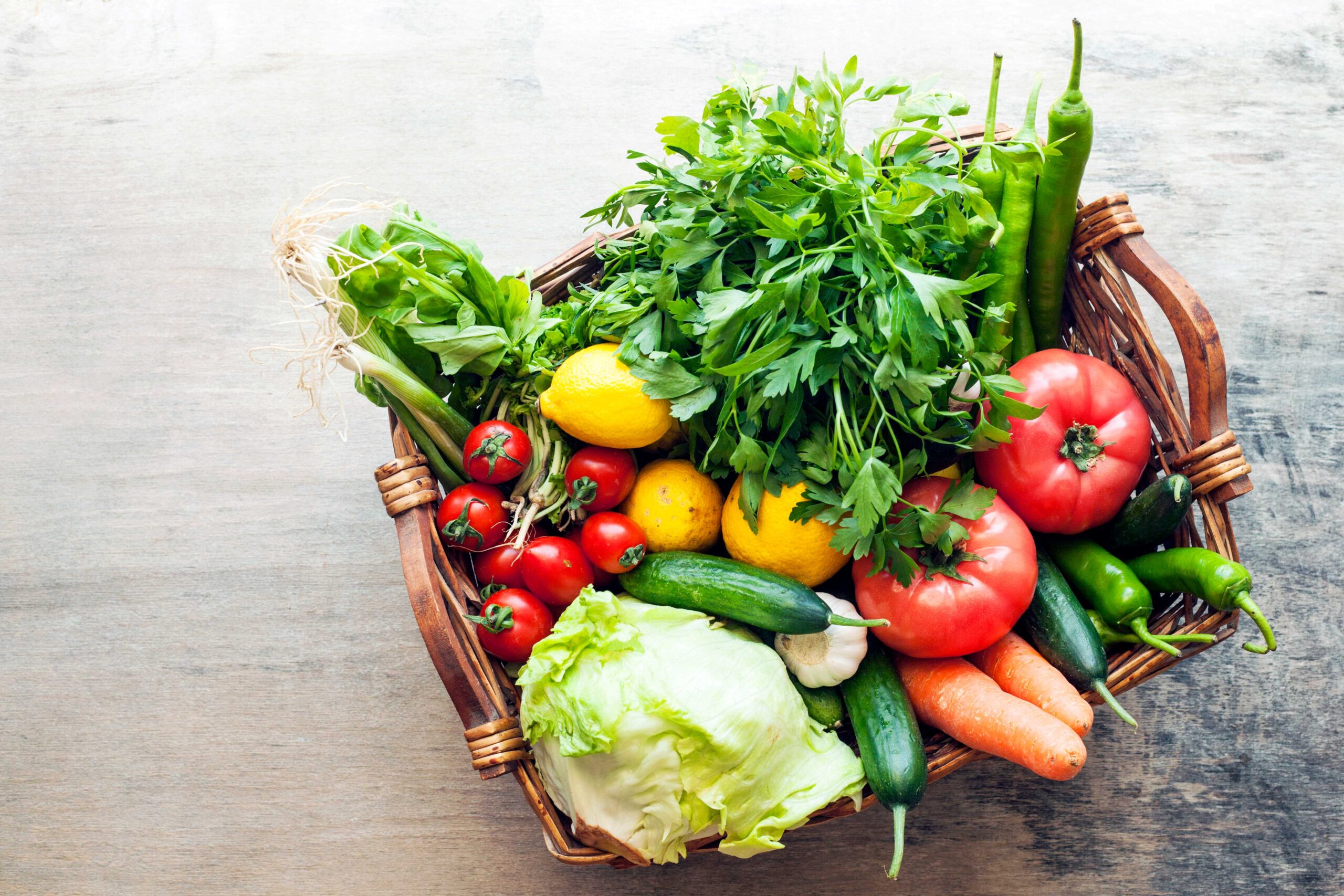Nordic network project on the distribution and abundance of seal populations in the North Atlantic, and their socio-economic impact on the fishing industry and other stakeholders
Nýlega lauk rannsóknar & netverksverkefninu Nordic Seals, eða „Norrænt netverk um selastofna á norðurslóð“, sem Matís leiddi. Verkefnið var styrkt
